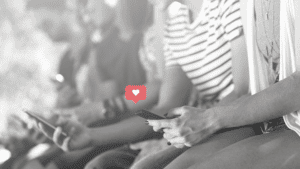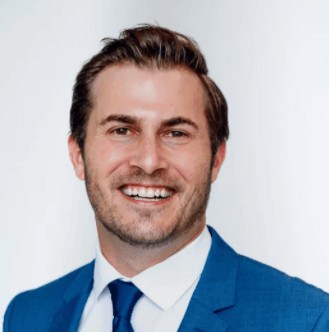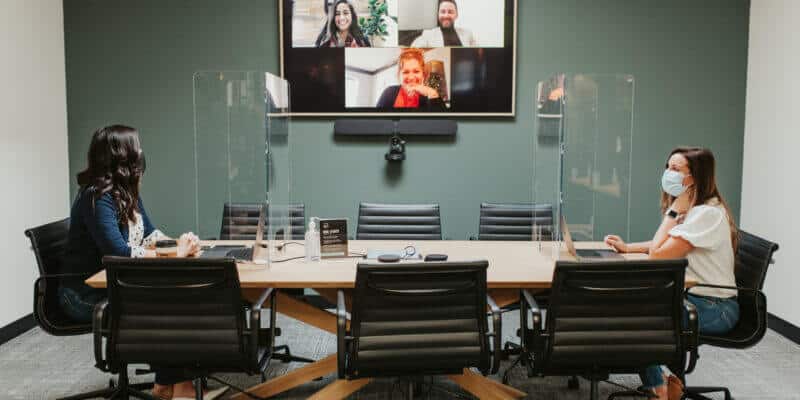Steve Rosen
Rosen Law Offices
For more than 7 years, Stephen N. Rosen worked as a defense counselor for companies dealing with personal injury lawsuits. During that time, Mr. Rosen saw the enormous impact injuries had on their victims and their families. Wanting to help real people and not just big companies, Stephen decided to shift his career in a new direction. Now he runs Rosen Law Offices as a Dana Point personal injury lawyer dedicated to helping victims of injury.
I started my career at a large insurance defense firm. For a young (and naïve) attorney just out of law school, the firm provided me with mentors to answer any questions that came up. It also provided me with like-minded friends for lunches and happy hours to help blow off steam from an active litigation practice. After a little more than seven years of litigation practice, I made the righteous leap to the good side. I opened my own firm and found myself working as a solo practitioner. I went from mentors, lunches, and happy hours – to business ownership, staff management, and the ultimate responsibility of seeking justice for my clients. It was a pretty significant, and lonely, change.
Like a lot of solo practitioners, over the next five years, I found myself desperately seeking a partnership. I felt I needed someone else to help with the work and the stress associated with running an active practice. Most of all – I needed companionship; someone I could talk to, relate to, and bounce ideas off of.
Over the years, I have found mild comfort in the simple fact that I am not alone. The loneliness of being a solo is something felt throughout the legal industry. It doesn’t have to be this way.
No Man is an Island Entire of Itself – John Donne (and Bon Jovi)
Late 2019, I found myself sitting at a bar at the Millennium Biltmore following the first day of a great law conference. As luck would have it, next to me was one of the best advocate attorneys and someone that seemed bigger than life to me. I told him that I had watched one of his recent closings and he wound up sitting and talking to me for nearly two hours about life as an advocate attorney. That night – Chris Dolan changed my professional life.
During our conversation, he told me that I wasn’t alone. He said that practice as a solo is, by nature, lonely. He encouraged me to go to join plaintiff bar organizations (like CAALA and OCTLA), attend events, meet similar people, and make bonds that would help my own growth. He told me that he would be there for me if I ever had questions. He even gave me his cell phone number!
Who Knew They Meant It?
As a solo attorney, and as someone new to the plaintiffs’ bar, you may find yourself at a legal conference listening to big name practitioners tell you that they will be there for you – just ask them anything, anytime. It seems genuine – but also scary as hell. These people can’t really be offering to mentor hundreds of total strangers, can they? Who was I to these giant names? Do they really believe “a rising tide lifts all ships,” or are they just trying to get me to send them cases? I was skeptical.
Following that faithful night at the Biltmore, I’ve spent a lot of time at other people’s trial openings/closings. I’ve attended as many seminars (now webinars) as COVID would allow. I’ve put myself out there, sent emails, and I’ve made great friends.
My one take-away: Despite my skepticism, it turns out that there are actually people in our community willing to help, and at no cost to you. You just need to find the right ones.
It’s Not Just About Getting a Sample MSJ Opposition
No doubt that getting sample pleadings or dirt on a common defense expert is really cool! It saves time, energy, and helps you find comfort in the mindset that maybe you aren’t screwing everything up. But if you find yourself only asking for help with work product, you’ll find yourself in the same lonely boat as before.
Being part of a community isn’t only about getting the cliff notes. It’s also about being part of… well, a community. Unlike many other fields, being a litigation attorney comes with an ever-changing minefield of variables. We deal with some great and some very difficult attorneys. We deal with large companies that spend endless hours strategically planning on how to, on a broad level, make our lives difficult. We deal with experts that are paid millions of dollars to say our clients are liars, and they are often REALLY good at it.
We can get lost in the minefield.
The benefit of being part of a community of like-minded practitioners is that you can get ideas of what has worked in the past. The benefit of being part of a GREAT community is you’ll have brilliant minds helping to brainstorm how to lift you above the minefield.
Everything’s Gonna Be OK
Dealing with minefields can be tiring. Dealing with abusive attorneys can be frustrating. That’s why finding a community wasn’t just about progressing professionally for me. It was about protecting and promoting my own mental health and overall well-being.
Despite everything happening over the last year, I consider myself incredibly lucky. I’ve had some remarkable experiences that have truly changed how I practice. I searched for guidance, met great people, and ultimately found a home – and family – with Justice HQ.
*** If you’re a solo attorney or new to the plaintiffs’ bar – feel free to reach out to me with any questions. I’m always happy to speak to anyone who may read this and feel like they’re in a similar position and looking for guidance, a friend, or just an honest conversation.
Share Article:
More to explorer

Attorneys & Social Media Addiction
ATTORNEYS & SOCIAL MEDIA ADDICTION Introduction. Are you furiously opening and closing apps and mindlessly scrolling? Comparing yourself to others’ perfectly curated

San Diego: Here We Come!
A LONG TIME COMING After years of searching for the right location and the ideal Premier Member, I think I can

Top 7 Reasons To Go Solo in 2021
Conor Granahan, Michelle Fonseca-Kamana, Taly Goody, and Alexis Gamliel sat down (remotely, à la pandemic) and put their heads together to bring you their experience-based insight on founding, managing, and operating their very own law firms.




